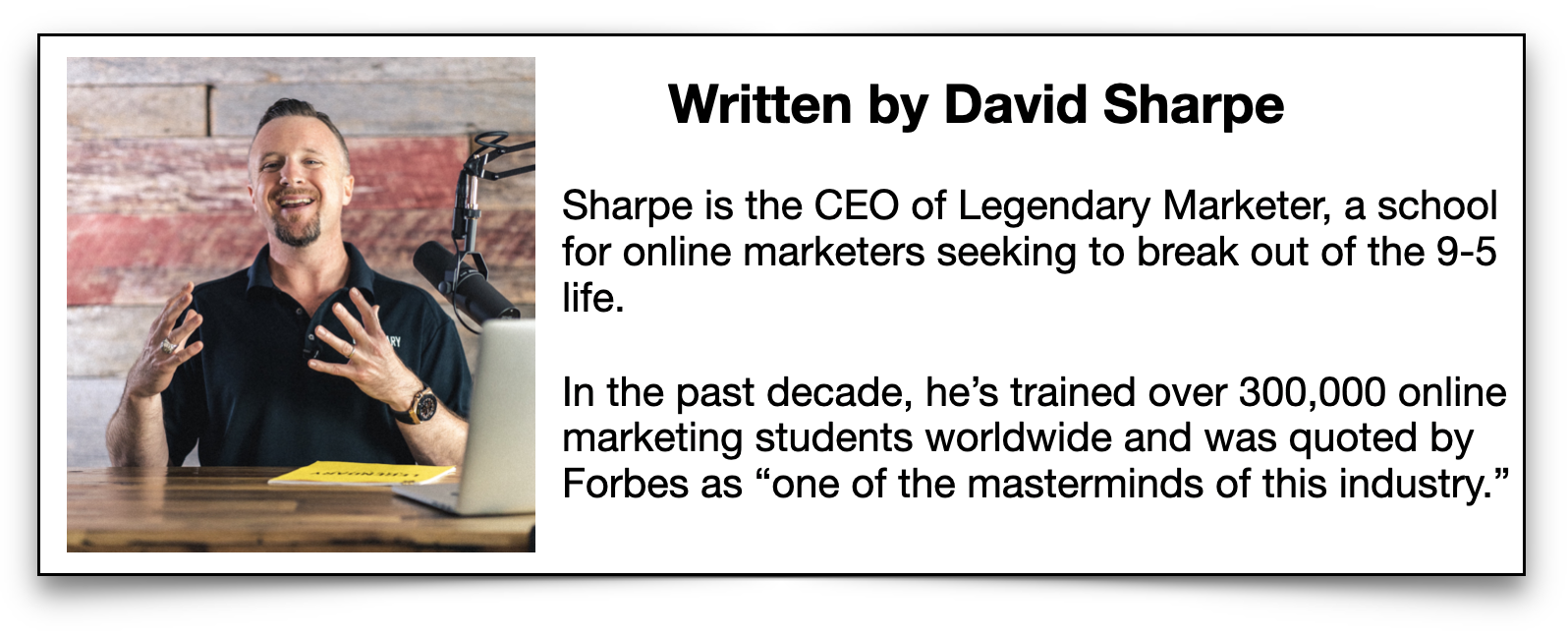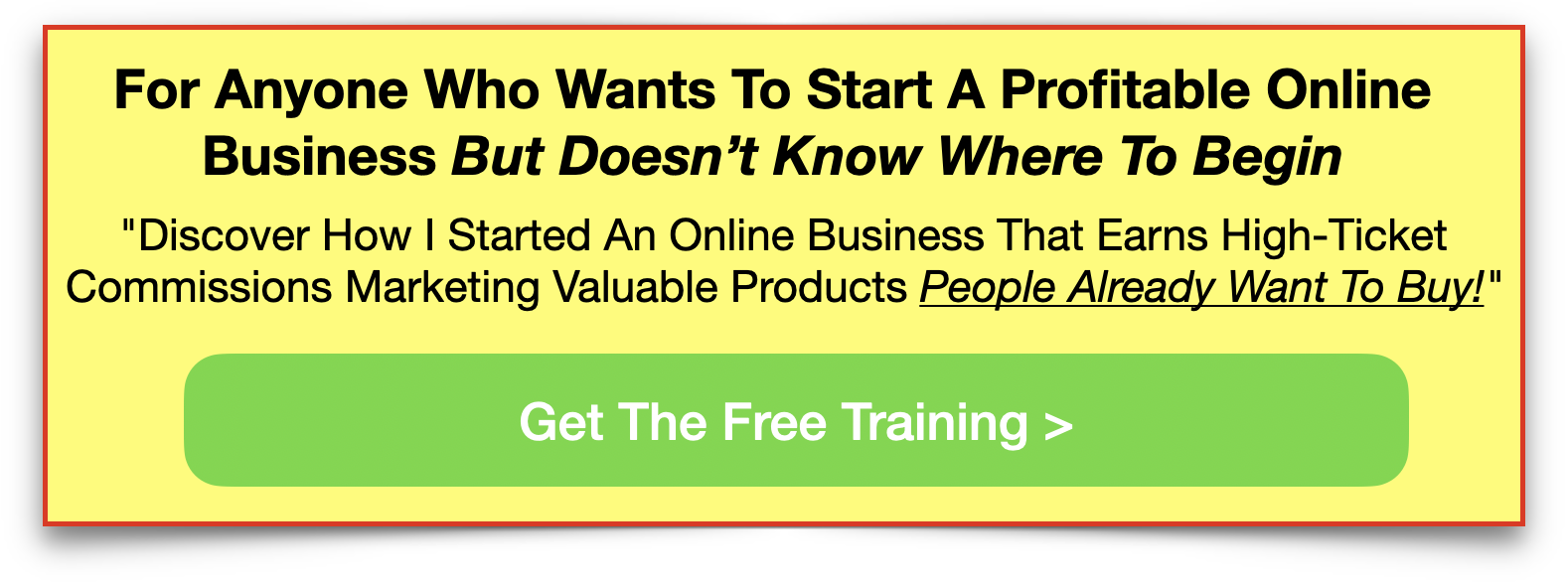
You may have heard the harrowing statistic that only 30% of businesses will make it to their 10th year.
Don't let this number keep you from acting on your great idea. Launching a successful business can have long-term benefits in your personal and professional life.
The world needs small businesses to start, and to grow. However, you always need to keep the risks in mind. A successful business starts with a comprehensive business model.
Here are some tips on how to launch a business model that will get your business on the right track, and leave room for growth.
Perfect Your Product
Creating the perfect product or service isn't a one-time effort. You may have a product that fits your target segment now, but as you grow, you'll need to consider new things.
Find your target audience. Who are you selling to, and what are their needs?
This requires competitor research to find your niche in whatever market you serve. Your product should directly reflect the people in your target audiences. Be prepared to be flexible as you develop, and make changes along the way.
Analyze demographics and interests within your audiences in order to provide the most attainable pricing model. Finally, leave room for growth. You should always have multiple avenues available for development in order to fit the constantly changing marketplace.
Create an Online Presence
An online presence is one of the most effective ways to build your audience. Rather than shooting in the dark, learn how to launch a business model on social media.
Spend time building up your presence online through social media and a strong website. This will act as a foundation for your business and add credibility to your product.
You can do this by creating a blog, and promoting it on social media. Consider affiliate marketing as a means to bring in traffic and earn a commission. This can serve as a way to survey your audience and develop a product to meet their needs.
The larger your presence on social media, the more you can connect with potential customers, and figure out who they are and where they're shopping.
People tend to trust a name they know. Even if it's your first time marketing a product, people will be more likely to engage with your brand if they recognize your name.
Develop a Marketing Strategy
Now that you have an online presence, and a product to sell, you need a marketing strategy. This is one of the most important ways to grow your brand and can determine long-term success for your company.
Start by developing an unpaid marketing plan using SEO. Conduct keyword research and construct a gameplan around your target audience. Make sure your website is up-to-date and easy to navigate for the best results.
From there, you can tap into your budget for paid marketing. Consult an agency, or learn more about marketing yourself. Create a plan for your first marketing campaign, and begin testing on a small scale.
Small wins in your marketing efforts will be a great indicator of success and solidify your business model to pitch to investors.
Create a Pitch
We've all heard of the elevator pitch. The reason it's used so widely is because it works. Keeping your pitch short and concise will make it easier to establish frequent connections and help people remember your brand.
Focus on your major selling points and lean into your established customer base to prove credibility. Additionally, add points of growth into your pitch. Potential customers and investors want to know that your company is able to adapt.
In summary, why are you essential in your market, and how will you grow to meet the needs of new customers?
Remember to be a real person. People are often deterred by a pitch that sounds too salesy. Being the face of your business means relating to real-life people, and meeting them where they are.
Protect Your Business
At this point, you've created something that needs stability. You aren't just an individual or a partnership anymore, you're a company. Separate your company from your individual assets by making your business a corporation.
Follow guidelines to avoid any legal errors and protect your great ideas. Finalize founder agreements and make your hiring process efficient and thorough.
It may seem like a lot of time-consuming steps at the beginning, but it will pay off in the long run to have documentation for everything.
Start Small
While starting a business is always going to seem like a jump into the deep end, starting small can help you work through the kinks with less investment up-front.
This can look like focusing on your online presence before mass producing your product. There's no point in having a warehouse full of products or spending time developing a huge range of services before you have a base to market to.
Use your budget wisely and invest in the areas that will drive results.
Build Credibility
As you're working on expanding your customer base, don't forget about retention. Those customers that were with you from the start can be an important tool in building credibility.
Keep track of these people through email lists and reach out with any updates on your business. You want to create a reputation of caring for your customers. Many businesses are able to get people through the door, but struggle to maintain brand loyalty.
This can hurt your business long-term and affect your ability to scale.
How to Launch a Business Model Today
Now that you have a business model checklist, it's time to get started. Keep it short and include as much reliable data as possible. Consider giving yourself a head start by seeking expert advice.
If you would like to learn more affiliate marketing strategies like the ones shown here, including how to make multiple high-ticket affiliate commissions each month to supercharge your earnings, watch our brand new free webclass while access is still free.


